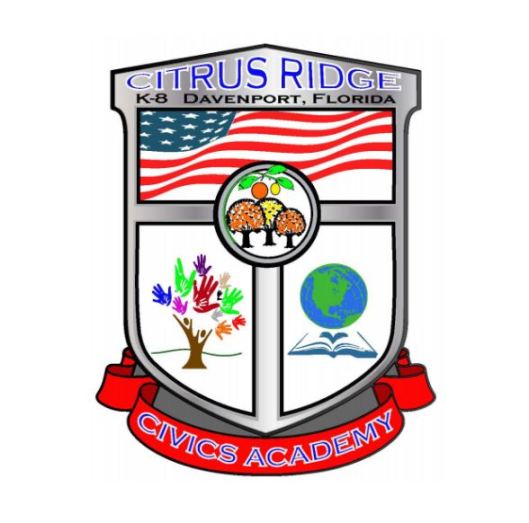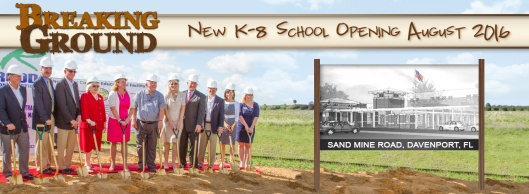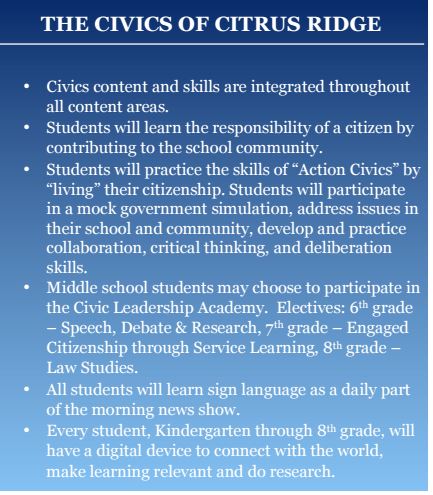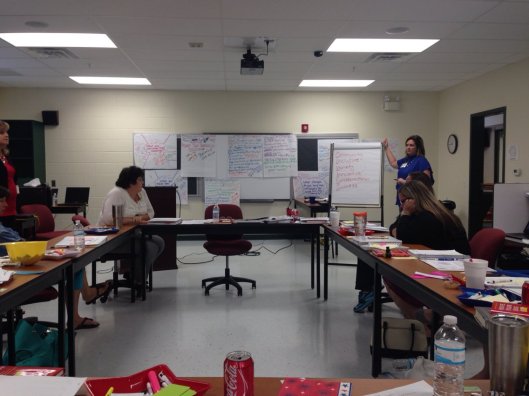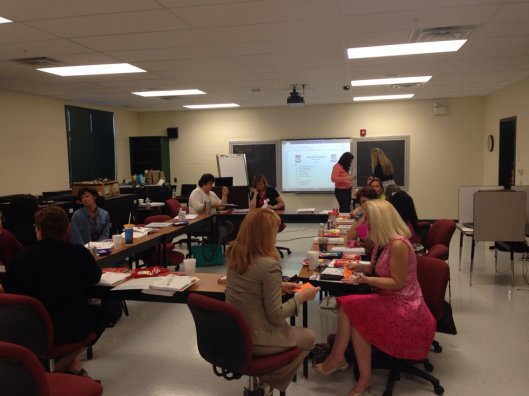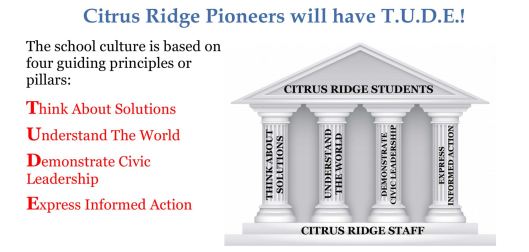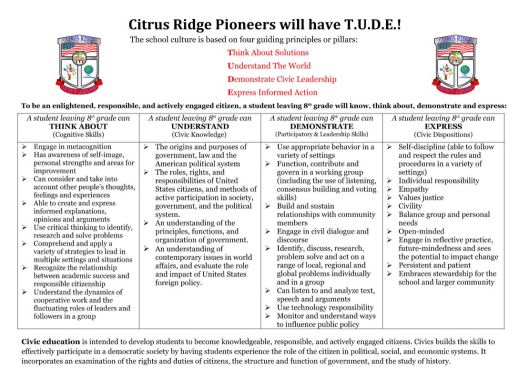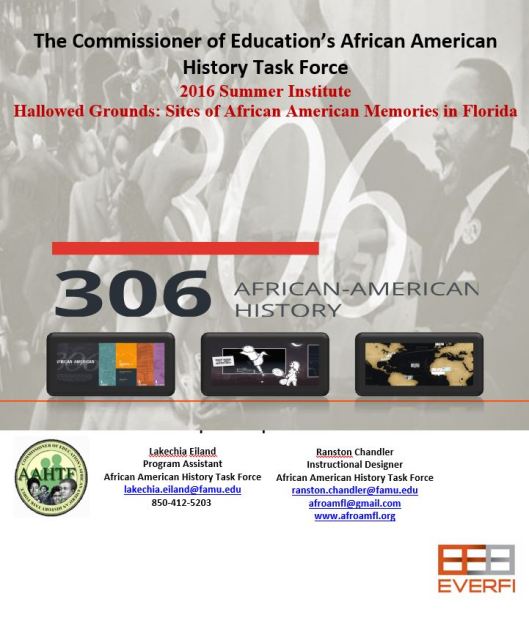On August 1st, the Graham Center at the University of Florida will be hosting an incredibly relevant event in this election season, Making Elections Work in the Sunshine State and Beyond. You can RSVP to the event here. From the event announcement:
This one-day, all-day event, taking place on August 1, will highlight the advances Florida and the nation have made in administering elections since the 2000 election. Planned participants include co-chairs of the President’s Commission on Election Administration; U.S. Election Assistance Commission commissioners; election administrators from Florida and other states (including current Secretaries of State); prominent scholars at the University of Florida and other institutions; campaign consultants; and members of the media.
The event is sponsored by the Department of Political Science at the University of Florida, the Informatics Institute, the Florida State Association of Supervisors of Elections, and the Bob Graham Center for Public Service. You can RSVP to the event here. The event will be streamed live on the Bob Graham Center for Public Service’s website at www.bobgrahamcenter.ufl.edu.
Program
8:30 a.m. – Breakfast
9 a.m. – Welcome
9:15 a.m. – Panel 1: State of Florida and the Nation since 2000
10:30 a.m. – Break
10:45 am – Panel 2: Election Technology
12 p.m. – Lunch & Mock Election
1:30 p.m. – Panel 3: Voter Registration
2:45 p.m. – Break
3 p.m. – Panel 4: On the Lookout for Litigation
4:15 p.m. – Closing
5 p.m. – Reception
This looks to be an excellent and engaging discussion of the last decade and a half of Florida and national electoral history. The Graham Center always hosts excellent events, and this will definitely be worth your time. Our own Dr. Terri Fine, an expert herself on electoral politics, will be in attendance.
You can RSVP to the event here. The event will be streamed live on the Bob Graham Center for Public Service’s website at www.bobgrahamcenter.ufl.edu.

